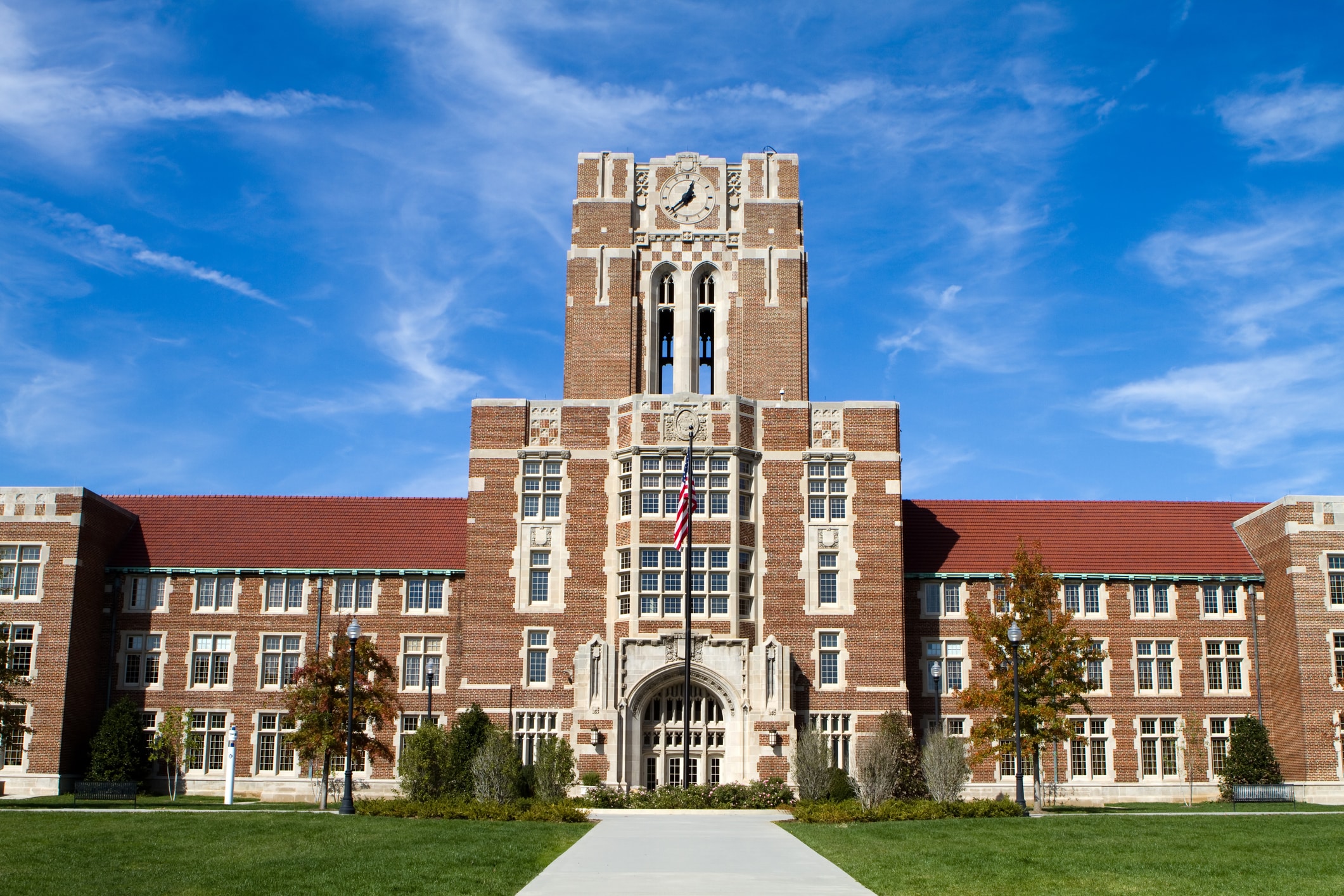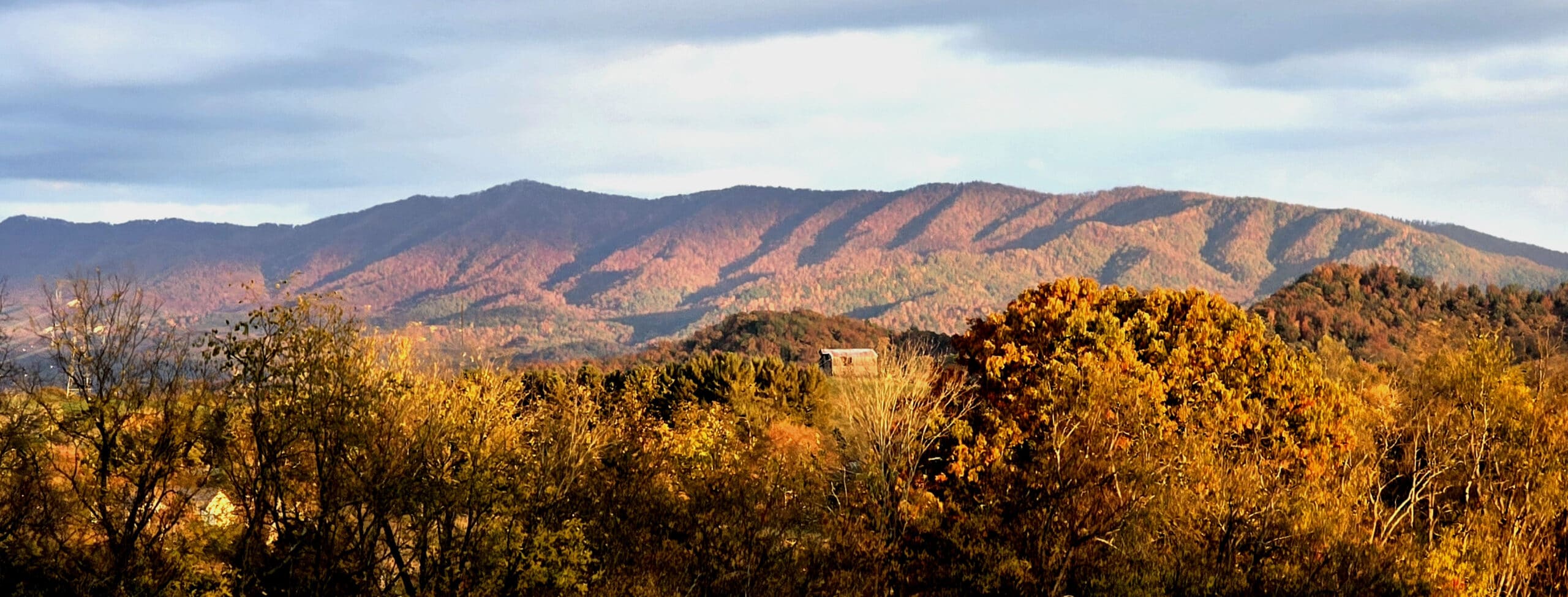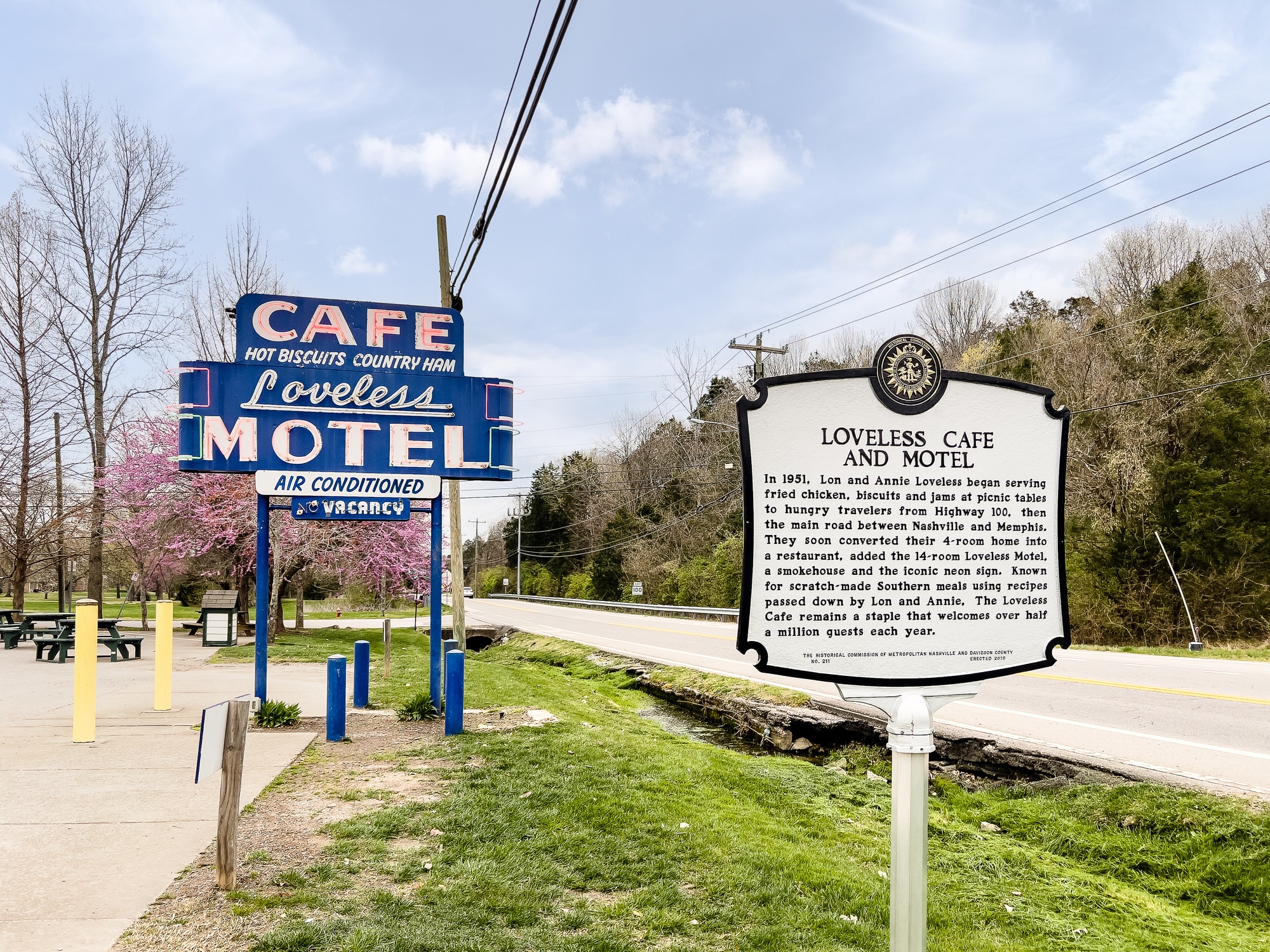Birds aren’t exactly famous for their intelligence, but they do make one smart choice: when life gets tough, they head south. And maybe you should, too.
As transplants from the high-congestion and northern coastal states look for warmer (and less expensive) climes, they may turn their eyes to the southern U.S. With great weather, gorgeous parks and mountains, and a low cost of living, states like Tennessee are becoming popular destinations for families who want to put down roots.
Here, we cover everything you need to know about moving to Tennessee, including living costs and the best cities in the state.
8 Things to Know About Moving to Tennessee
So — should you make like a goose and fly south? Before you gather your flock for a long-distance move, let’s consider some of the pros and cons of living in Tennessee. This is an important decision, after all, so you don’t want to wing it. (Brace yourself, bird puns are incoming.)
1) The cost of living in Tennessee is relatively low
Tennessee is one of the more affordable states in the U.S., with among the lowest living costs nationwide. This low cost of living includes the most important categories, such as nesting housing, utilities, and healthcare. In fact, Tennessee's average cost of living is around 10 percent lower than the national average, enough to make a significant difference in lifestyle standards.
Many new residents are moving to Tennessee from states like California and Florida in no small part due to affordability. A single person making $100,000 per year elsewhere will find they only need to make roughly $66,000 to maintain the standard of living in Nashville — a dip of nearly 44 percent.
The cost of living difference in Tennessee vs. Florida is not as dramatic as if you were moving from California, but it’s still noticeable. Residents from Miami will find a 16 percent reduction in their cost of living, with a housing market that costs, on average, roughly 31 percent less than their home state.
One outlier is Tennessee’s neighbor to the south, Georgia. New residents will find that cities like Nashville cost about 2 percent more on average than Atlanta, GA, and nearly 7 percent more than Savannah, GA. However, if you’re willing to live in a smaller city like Knoxville or Chattanooga, the cost of living drops even more.
So, what salary is needed to live comfortably in Tennessee? According to CNBC, the annual income required is $86,403. Of course, results may vary depending on location, as cities like Chattanooga and Knoxville are less expensive than Nashville or Brentwood.

2) More people are moving to Tennessee than ever before
If you were a bird heading to Tennessee, you’d be joining a V formation that’s about 80,000 strong every year. That’s how many new residents moved to the state in 2022 alone, the most significant increase since 2007 and the eighth-largest increase in the state’s history. This put Tennessee in the top 10 states with the most significant population growth that year.
So why are people moving to Tennessee? There are several reasons, but many revolve around the low cost of living, and the ability to find affordable housing without busting your nest egg. In addition, many new residents say they love the more natural, small-town feel of much of the state, where congestion and pollution are rarely issues outside of specific areas.
On the one hand, this means there’s a lot of opportunity in Tennessee, and people see that. With more people comes more jobs, and an increasing focus on new homes as the state accommodates all its new residents.
On the other hand, this influx of people can also cause issues in highly populated cities, making it hard to find homes or travel. This growth can also drive what was once low housing and living costs up as it continues.
That being said, Tennessee isn’t full yet, and due to its location, it’s not necessarily seeing the same explosive population growth as Texas, Florida, or Georgia.
3) The Tennessee job market is growing
The U.S. economy as a whole has been growing steadily in recent years, and Tennessee is seeing the same trend. With that in mind, getting a job, even in more populated cities, is not too hard due to growing industry sectors and a decidedly pro-business economic climate. Accordingly, August 2024 saw a jump of 167,000 job openings, or about a 4.8 percent increase.
Unemployment is also low, between 3.0 percent and 3.2 percent across Q3 and Q4 of 2024. This is slightly lower than the national average of 4.1 percent.
So, where are all the jobs? Job and industry growth in 2024 centered around key industries, including healthcare, retail, and manufacturing. While a growing technical sector exists in more urban areas, the industry isn’t as dominant in Tennessee as in places like Texas or California.

4) Education opportunities can be challenging
There’s no way around the state of Tennessee's education statistics — they’re not owl that great (see what we did there?). Tennessee consistently ranks low in national standings, with U.S. News and World Report ranking Tennessee education 31st out of 50 states.
In their 2024 report on the country's most and least educated states, Wallethub ranked Tennessee 39th, placing it squarely in the bottom quartile. This ranking includes assessments of several criteria, including the number of adults with high school and college diplomas, the quality of school systems, school graduation rates, and school enrollments.
However, it seems like the Tennessee Department of Education isn’t taking this lying down. Recently, they boasted that statewide graduation rates had reached a record-breaking 92.1 percent. The best school districts in the state tend to be in towns with higher living costs, including Maryville City Schools (Maryville, TN), Collierville Schools (Collierville, TN), and Williamson County Schools (Franklin, TN).
Regarding higher education, the Volunteer State houses some top-tier colleges. These include Vanderbilt University, the University of Tennessee, and Union University. True to its nickname, Tennessee offers several programs to help students enter college without carrying heavy debt, including the Tennessee Promise scholarship program.
5) Tennessee boasts expansive natural spaces
For pure natural beauty, Tennessee has plenty to crow about. The state is still heavily rural, and there are plenty of opportunities for hiking, camping, and fishing. If you’re living in eastern Tennessee, you’ll have immediate access to the Great Smoky Mountains just outside Knoxville. You can also enjoy the nearby Appalachian National Trail.
Just outside of the Appalachians, you’ll find the Cumberland Plateau, home to several small towns and beautiful views. Further west, you’ll find the expansive Natchez Trace State Park, which faces three separate lakes and offers extensive hiking and camping.
6) The climate is great for a southern state
Deep South weather can be tough to swallow. But while Tennessee is considered a “southern” state, it doesn’t have the same humid climate as its neighbors to the south (particularly Georgia or Mississippi).

Instead, Tennessee's climate is dependent on elevation. The central and southern parts of the state are closer to sea level and have more humid conditions akin to their neighbors. The mountainous interior of the state is generally cooler and less humid. Winters are mild, but the state occasionally experiences cold temperatures, and the mountainous areas can see snow in some years.
Precipitation is likewise varied by region. Western and Central Tennessee see rainfall averages of 46–55 inches per year, but the Smoky Mountains can receive as much as 80+ inches yearly.
So, depending on where you live, you’ll find fairly warm, somewhat humid weather, but there are also noticeable seasons, and you won’t experience the more intense heat or humidity of other southern states.
7) Enjoy the southern hospitality
While Tennessee may not have classic southern weather, it does boast the southern hospitality the region is famous for. You’ll find people will often engage with strangers and friends alike with warmth and openness. Tennessee’s culture is also comparatively more conservative and traditional than other places. It’s not uncommon to hear people use formal terms like “ma’am” or “sir,” especially when young people address older people.

8) Don’t miss the southern cooking
Southern cuisine is famously delicious and indulgent, and food in Tennessee is no different. Due to its location, you’ll find many influences, from Memphis-style barbecue to southern-style biscuits and gravy to classic pecan pie.
If you're peckish, some of the top-rated restaurants you’ll want to check out include:
The Rendezvous barbecue in Memphis
Loveless Cafe in Nashville
The Pancake Pantry in Gatlinburg
And, of course, fans of fine whiskey don’t want to miss a visit to the Jack Daniel’s Distillery in Lynchburg.
The Best Cities to Live in Tennessee
Tennessee has a handful of larger cities that are worth exploring if you’re considering a move. No city in Tennessee is larger than about 700,000 people, so folks moving from big metropolises will have some adjusting to do.
Nashville
Nashville, the home of country and blues, is now a hub for nearly any kind of music, and the seasonal festivals reflect this. The city also serves as a cultural center for the state, boasting art galleries, great food, and trendy neighborhoods, and it’s the largest city in the state, at just under 700,000 people.
Chattanooga
Chattanooga is a mountain city at heart and a haven for outdoor enthusiasts. Near the beautiful Tennessee River and several mountain areas, it serves as a home for hikers, campers, and explorers. It also provides a strong sense of community, as a bigger city with a small-town feel.

Memphis
Memphis is a throwback to a different time, an era of bluesmen and riverboats. Close to the Mississippi River, it houses decades of musical history, including blues, jazz, and rock and roll. If you’re in town, you must visit iconic Beale Street.
Franklin
Franklin is a historic place, but even more so, it’s that old slice of southern living that many people move to Tennessee to find. Those looking for top schools, beautiful neighborhoods, and a carefully preserved historic downtown will flock to Franklin … if they don’t shy away from the higher cost of living compared to the rest of the state. It’s one of the best places to live in Tennessee.
Ready to Move to Tennessee?
There’s a lot to love in the Volunteer State: the natural landscapes, the weather, the slow and hospitable pace of living, and more. However, some limitations in terms of schools might deter families from some areas of the state.
But is Tennessee a good place to move to? With a rich cultural history and a relatively low cost of living, Tennessee could be the ideal place for you. But that depends on your specific needs in your new home.
If Tennessee is calling your name, you can get the moving support you need with Colonial Van Lines. Our full-service moving services can help you navigate your long-distance move without the stress of doing it alone. Get a free quote today.

